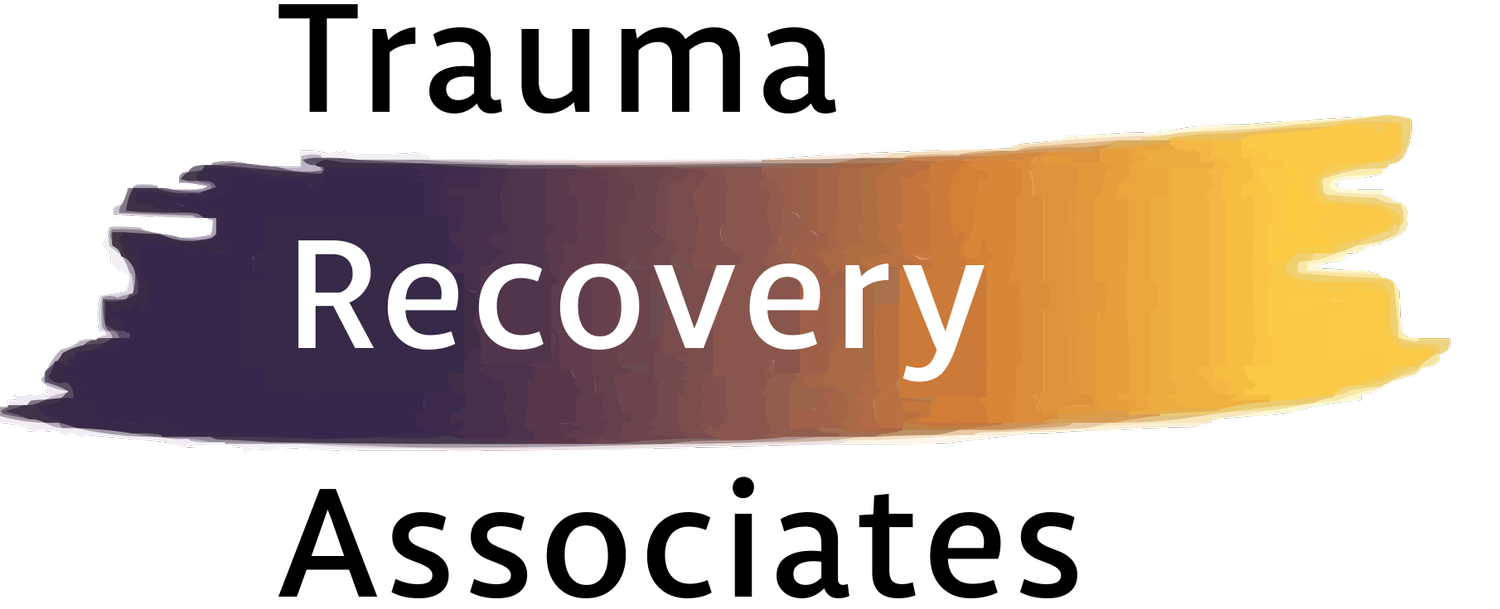About Us
The mission of Trauma Recovery Associates is to offer hope and healing to adult survivors of childhood trauma.
Memories from a childhood of abuse and neglect don't go away on their own. The feelings don't just disappear and can't be buried forever. They just keep trying to come up like a beach ball held underwater. There are better ways to deal with feelings...and there is Hope for Healing. Check out the Trauma Recovery programs.
What is Trauma Recovery Associates?
We are a non-profit organization dedicated to assisting adult survivors of childhood abuse and neglect.
-
TRA has the expertise to provide therapeutic interventions for individuals and groups injured by childhood abuse and neglect.
-
TRA also trains mental health professionals in the core concepts of the Trauma Model and its applications.
-
TRA is able to offer direct services at no cost to participants because of generous support from the community.
Who do we serve?
Individuals and groups.
While most people benefit from the TRA programs in small groups, individuals can use the RENEW (RENOVARSE in Spanish) program online at their own pace.
What is trauma?
Trauma is an event (or series of events)combined with
individual vulnerability that creates an obstacle to healthy human development.
The Trauma Model helps individuals and groups identify conflicts, unlearn specific distortions, develop self awareness, and regulate feelings related to trauma. TRA utilizes the
Trauma Model, developed by Colin A. Ross, MD, to address
the psychological injuries suffered by individuals and communities in the wake of trauma.
Who benefits from TRA programs?
Individuals who have experienced childhood abuse and neglect can benefit from our recovery programs. These negative experiences in childhood and the teenage years put youth at risk for developing health problems.
A growing body of research directly links emotional, physical, and behavioral issues with Adverse Childhood Experiences (ACEs).
Based on the Trauma Model
The Trauma Model helps individuals and groups identify conflicts, unlearn specific distortions, develop self awareness, and regulate feelings related to trauma.
Cognitive Distortions
Survivors of childhood trauma are prone to cognitive distortions.
Calming the Body’s Stress Response
Mindful relaxation, meditation, yoga, prayer, guided imagery, and exercise are a few of the techniques known to be effective.
Grief
Grief is a primary feeling which trauma survivors try to avoid.
Grounding
Trauma survivors are experts at keeping the body in the present while thoughts and emotions are somewhere else.
Victim / Predator / Rescuer Trials
The triangle consists of the victim (the child), the rescuers (those whom the child expects or hopes will rescue them from the trauma), and the perpetrator (the one who abuses or neglects).




